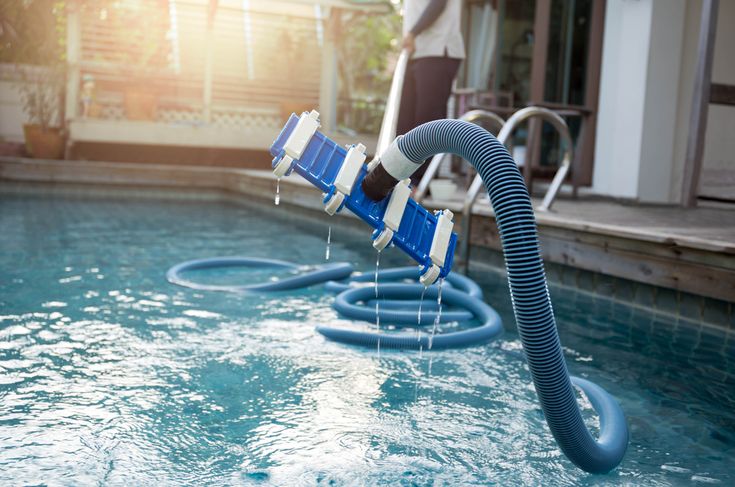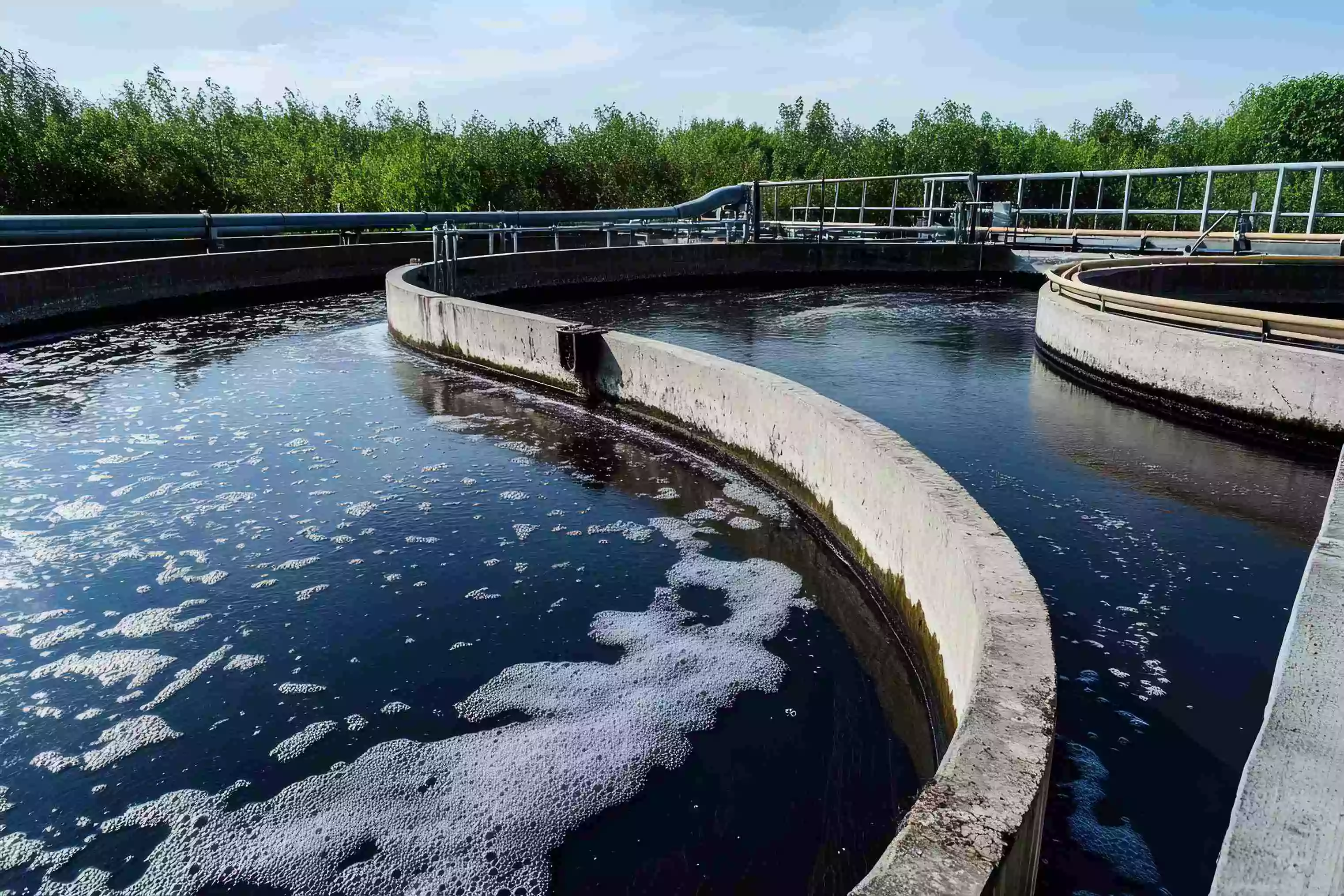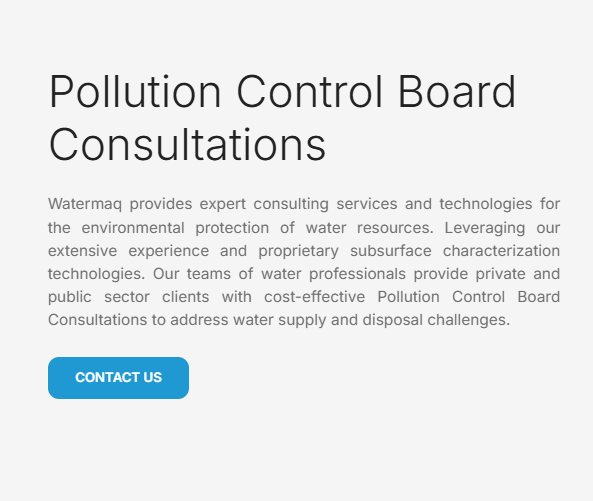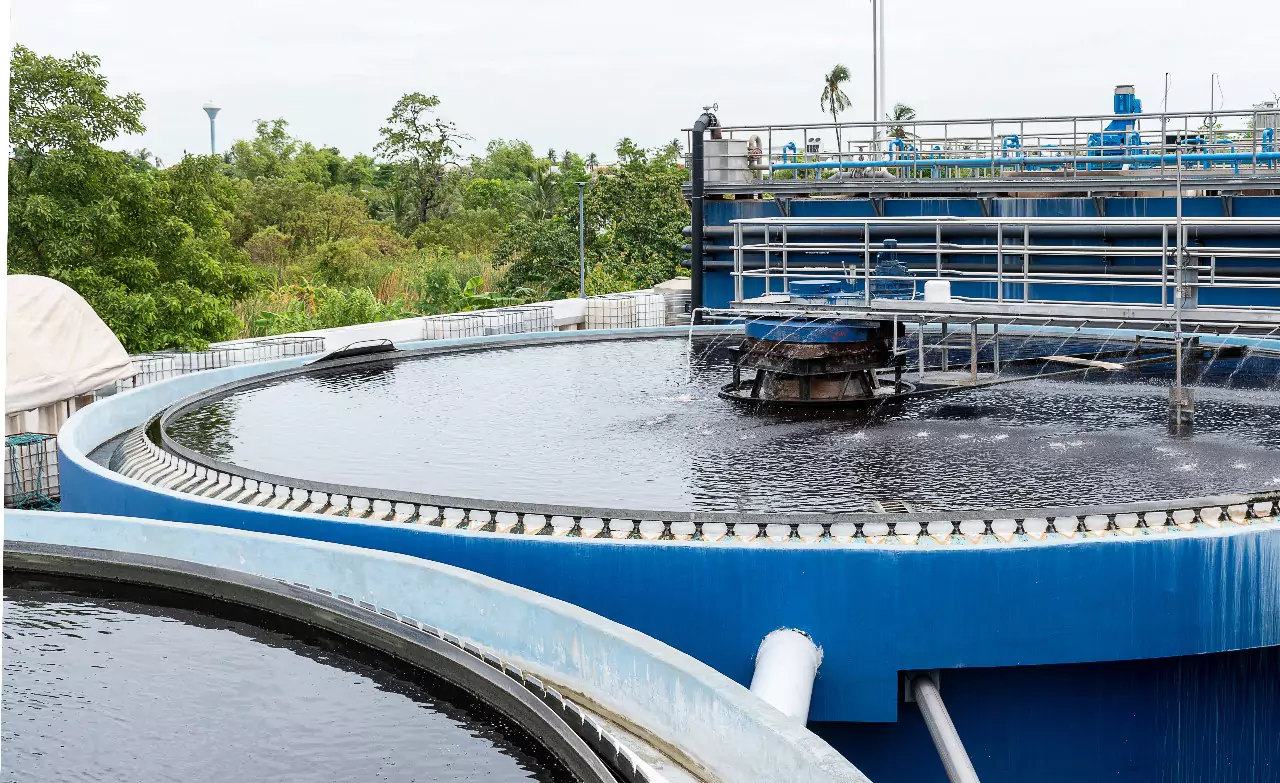
2025-03-27
Are you dreaming of building a swimming pool in your home, resort, or sports complex? A swimming pool...

2025-02-28
Jaundice is a common health condition that causes yellowing of the skin and eyes together with high bilirubin...

2025-01-31
As the southern Indian state, we, the people of Kerala, maintain its reputation for natural beauty throughout its...

2024-03-12
A Pollution Control Board (PCB) certificate is an important requirement for anyone who is planning to venture into...

2024-12-23
Installing a wastewater treatment system in your industrial facility will benefit you in a way that it can...